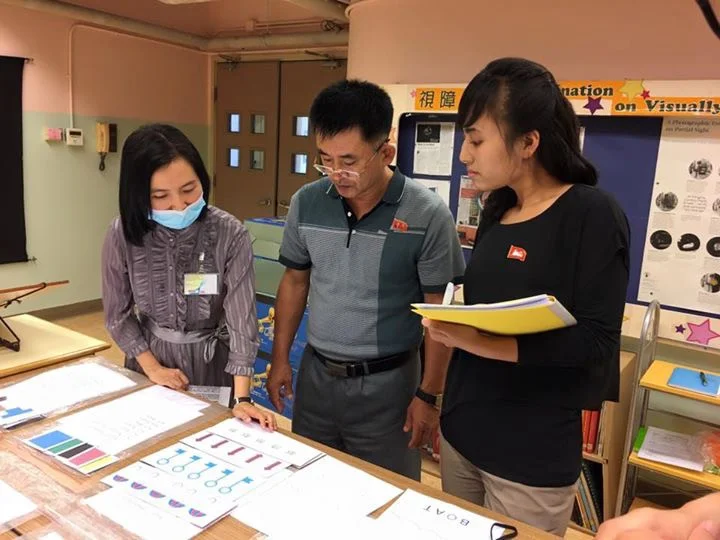September 10, 2022 was the Korean Harvest Festival, otherwise known as Chuseok. Chuseok is a time for Korean families to gather together, pay respects to their ancestors, and enjoy a festive time of eating and drinking. Women wake up at dawn to prepare delicacies including Korean pancakes and rice cakes for the ancestral table to then later be enjoyed by the entire family.
Songpyeon, a traditional Korean rice cake
From our ten years of living in North Korea, one particular Chuseok stands out to me. That year the holiday landed on a Sunday. As was our weekly custom, our family walked to Bong-Su Church to participate in congregational worship Sunday morning.
We arrived at church to be greeted by the senior pastor. As he ushered us into the sanctuary, we noticed a stark difference from other Sundays. The entire building was empty. We were the only ones that week who showed up to observe the Sabbath.
On any other typical Sunday, Bong-Su church was attended by a few hundred congregants. Women and men in their forties, fifties, and sixties made up most of the congregation. It was uncommon to see young adults or children at church. Only once did I see a child, and the preschool boy who attended was obviously a grandson of one of the congregants.
Despite most of the Korean church members boasting middle-age or above, there were a few young adult singers in the choir. Both official State churches in Pyongyang have proficiently performing choirs. Perhaps this is an allowed exception because musicians are more free to serve in church, whereas most other young adults in North Korea have demanding full-time jobs requiring their services on the weekend.
As we walked down the aisle of the church and sat in the empty pews, the pastor explained to us that everyone had gone to the mountainside to pay respects to their ancestors. There would be no regular Sunday service that day. In light of this, though, the pastor graciously allowed us to stay for as long as we desired for a quiet time of reflection and prayer.
On the walk home, it was close to noon and families were congregating outside. On the sides of the road, the riverside park, and every green spot of grass, the city was full of picnicking families.
Initially, communism put a halt to celebrating Chuseok in North Korea. Because ancestral worship is considered a religious practice from Confucianist tradition, the atheistic nation did not encourage their people to pay their respects.
But around 1980, North Korea reinstated the holiday. This was to preserve their traditional roots within Korean culture. Today North Koreans are given one-day off from work to celebrate the Harvest Festival.
Those families unable to travel to the mountainside along with those who possess urns of their loved ones gather outside in the refreshing early fall weather. Throughout our 20-minute walk home, we could see entire families from grandparents to grandchildren line up and bow before the framed pictures of their ancestors. Ceremonial bowing was followed by the family circling over deliciously prepared lunchboxes.
Traditional Chuseok Delicacies
This custom is similar in South Korea. Typically, South Koreans receive a longer three-day holiday to travel to their hometown, gather with family, and visit the graves of their ancestors. Some of the foods and customs of Chuseok ceremonies differ, and South Koreans typically do not picnic outside but rather gather at the gravesite or in homes. But the fundamental holiday is the same.
Over the past 70 plus years, North and South Korea’s cultures, languages, and way of life have diverged. But one thing is clear. They both are still very much Korean. Despite some drastic differences, North and South Korea remain more alike than different. Koreans are the same people on both sides of the border, and the way they celebrate Chuseok is one evidence of that fact.









